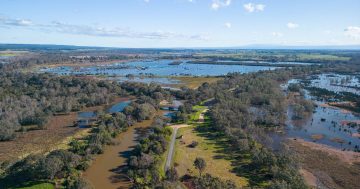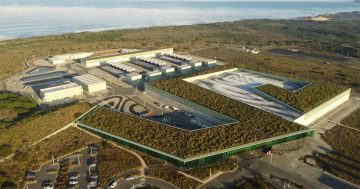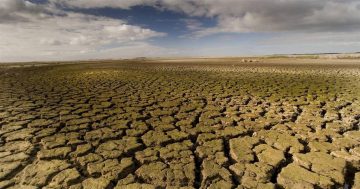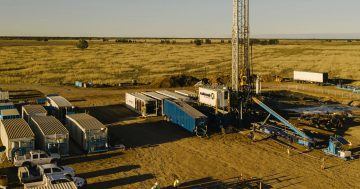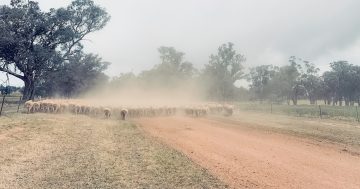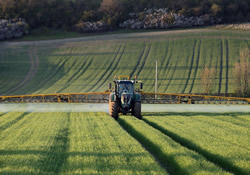 The Department of Primary Industries and Regional Development has launched a project supporting Western Australian farmers to adopt self-sufficient water supply systems and build long-term drought resilience.
The Department of Primary Industries and Regional Development has launched a project supporting Western Australian farmers to adopt self-sufficient water supply systems and build long-term drought resilience.
The Watersmart Farms project facilitates the rapid, widespread adoption of on-farm desalination plants in agricultural regions to process brackish groundwater into a suitable resource for livestock, crop agronomy and other agribusiness activities.
Minister for Agriculture, Alannah MacTiernan said Watersmart Farms sought to optimise desalination technology and its application in the Wheatbelt and Great Southern regions.
“Researchers will examine how to improve farm dams and catchments to provide water in dry periods, including undertaking a targeted drilling exploration program to locate suitable groundwater for desalinisation trials,” Ms MacTiernan said.
“The project aims to attract future co-investment to support the development and adoption of innovative and sustainable water supply options.”
She said that with a record 12 Water Deficiency Declarations in the agricultural region during 2020, the cost and efficiency of securing suitable water supplies had become a major challenge for farmers.
“This visionary project builds on work by the Department of Primary Industries and Regional Development, Water Corporation, Murdoch University and the Wheatbelt Development Commission to assess on-farm desalinisation infrastructure and the implications to businesses, regional economies and the environment,” Ms MacTiernan said.
“There are now more than 30 small desalinisation plants across the agricultural region, reflecting a thirst by farmers to invest in self-sufficient, reliable, quality water supply systems.”


